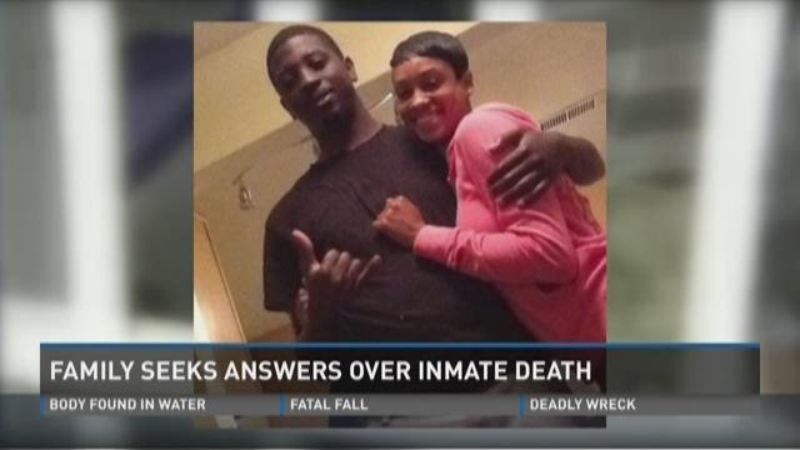(5-14-16) In an Op Ed piece published Sunday in The Washington Post, I called on the Justice Department to investigate the death of Jamycheal Mitchell, a 24 year-old African American with schizophrenia, who died in a Virginia jail from a heart attack caused by starvation.
I also called on Virginia Governor Terry McAuliffe (D) to publicly censure state mental health officials, who delayed a report about Mitchell’s death until after the state assembly had adjourned, and the attorney general’s staff who told court officials not to talk directly to investigators.
I further urged Virginia legislators to strip the inspector general’s office of its responsibility for investigating mental-health care based on its pusillanimous reporting and prior incidents of alleged kowtowing to appease state officials.
My editorial came after a flurry of news stories about the Mitchell case. Earlier this month, an attorney for Mitchell’s family filed a $60 million civil suit alleging that Mitchell was beaten, starved, and treated “like a circus animal” during the 101 days that he was held in the Hampton Roads Regional Jail waiting to be transferred to a state hospital.
Even though the state Office of Inspector General and the Department of Behavioral Health and Developmental Services dropped the ball when it came to actually investigating what happened inside the jail, the Virginia news media has been relentless, most notably the Richmond Times Dispatch. Reporter Sarah Kleiner revealed that jail officials had taped over video recorded outside Mitchell’s cell. Those videos would have shown if he had been given a food tray each day and whether guards and nurses actually checked on him. That revelation led to the Newport Daily News calling for a federal investigation.
The failure of our local and state officials is so complete — and typical of a state where officials are so contemptuous of the public’s right to know what their government does — that we believe an investigation by federal civil rights officials is in order.
Gary A. Harki and Patrick Wilson, two reporters at the Virginian-Pilot, also have been digging into this story, as has Deanna LeBlanc at WAVY.
Holding those responsible for Mitchell’s death is only the first step. Virginia needs to censure those who were responsible for investigating his death but shirked their responsibility. (Angry about this preventable death: urge McAuliffe to take action by sending him a copy of this blog.)






